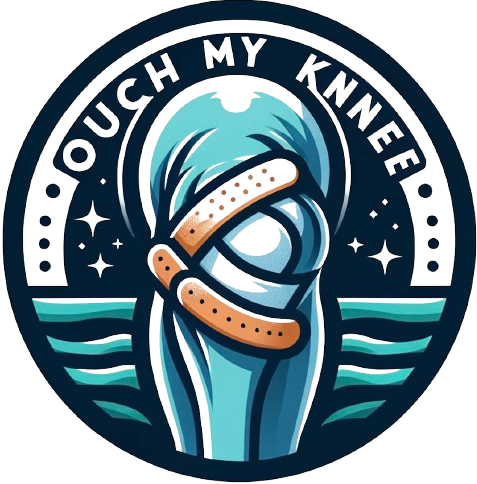Knee pain is a prevalent issue affecting millions of people worldwide, irrespective of age or activity level. It can result from various factors such as injury, overuse, or underlying medical conditions like arthritis. Understanding the root cause of knee pain is crucial for effective treatment and prevention. A comprehensive approach to knee health can help mitigate pain and improve function.
The knee joint is one of the largest and most complex joints in the body, comprising bones, cartilage, tendons, and ligaments that work together to facilitate movement and bear weight. Overuse, high-impact activities, or sudden injuries can strain these components, leading to pain and discomfort. Common injuries include sprains, strains, tears in the ligaments or menisci, and fractures. Prompt diagnosis and treatment are vital to prevent further damage.
Arthritis is another significant contributor to knee pain, particularly in older adults. Osteoarthritis, the most common form, results from the gradual wear and tear of cartilage, causing pain, swelling, and reduced mobility. Rheumatoid arthritis, an autoimmune disorder, leads to inflammation of the joint lining. Management of arthritis typically involves medication, physical therapy, and lifestyle adjustments to alleviate symptoms and improve knee function.
Preventing knee pain largely revolves around maintaining overall knee health through regular exercise, weight management, and proper body mechanics. Strengthening exercises targeting the quadriceps, hamstrings, and calf muscles can enhance joint stability and reduce the risk of injury. Low-impact activities such as swimming, cycling, and walking are excellent options to keep the knees active without causing undue stress.
Weight management plays a critical role in knee health, as excess body weight increases the load on the knee joints, accelerating wear and tear. A balanced diet rich in anti-inflammatory foods, along with regular exercise, can help maintain a healthy weight and reduce the risk of knee pain. Additionally, staying hydrated and incorporating supplements like glucosamine and chondroitin may support joint health.
Finally, practicing good body mechanics during daily activities is essential to prevent knee injuries. Proper techniques when lifting heavy objects, avoiding excessive kneeling, and using supportive footwear can minimize strain on the knees. Paying attention to pain signals and taking appropriate action, such as rest or seeking medical advice, is crucial in maintaining long-term knee health and preventing chronic issues.
